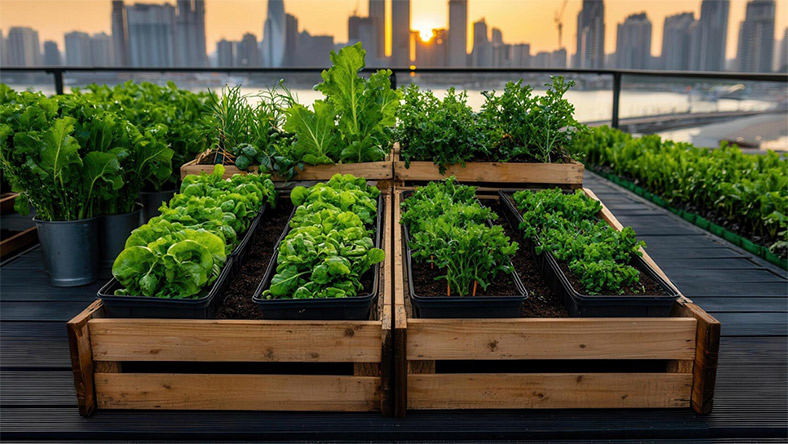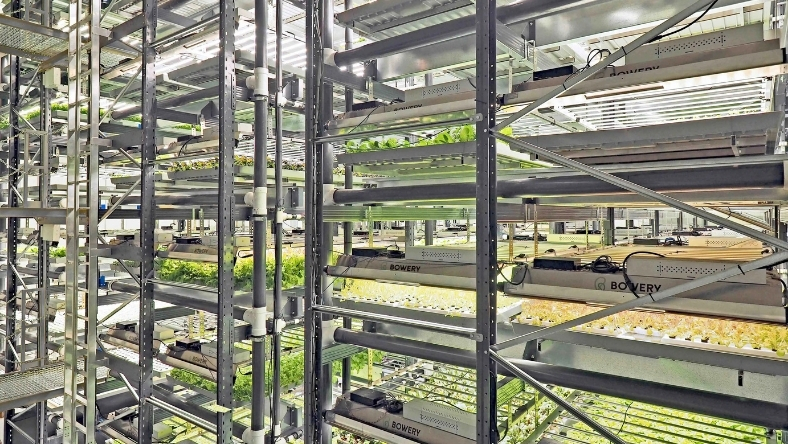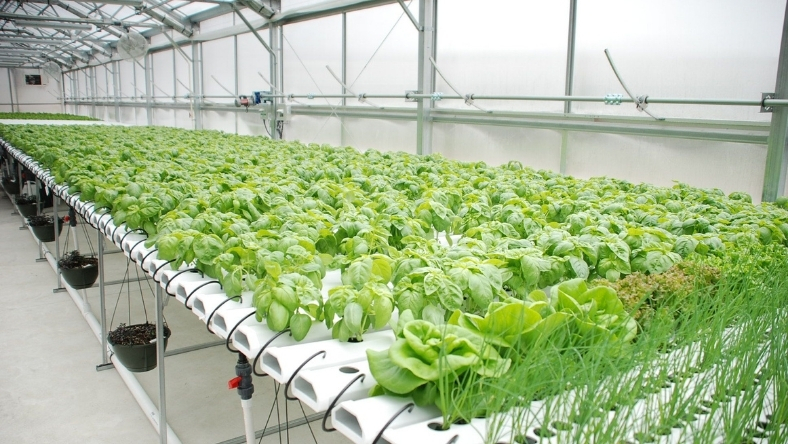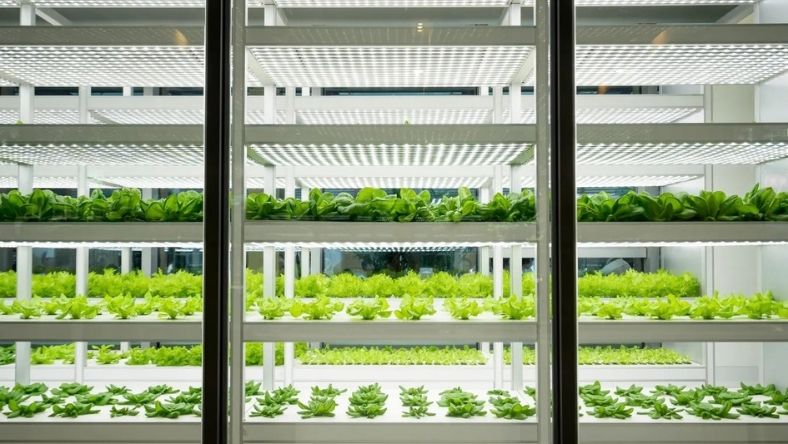INVESTMENT
Small-Scale Skyscrapers: Urban Farms Reshape City Food Futures
Modular urban farms like True Garden and Vertical Harvest slash food miles, spark jobs, and redefine resilience in American cities.
20 May 2025

Vertical farms are appearing in cities across the U.S. as smaller, modular models begin to replace large warehouse-style operations once promoted as the future of urban agriculture.
In Arizona, True Garden operates solar-powered aeroponic greenhouses that use a fraction of the water required by conventional farming. By keeping production local, the company reduces transport costs and emissions tied to long-distance food supply chains.
Houston-based Eden Grow Systems is rolling out compact vertical towers designed to fit into limited city spaces. Equipped with hydroponics and LED lighting, the units produce crops year-round and are being marketed as a way to improve food access in underserved communities.
Meanwhile, Vertical Harvest is scaling up in Maine. The company, which launched its first facility in Wyoming, is constructing a multistorey farm in Westbrook that is expected to supply more than 1mn pounds of produce annually. The company has also pledged to hire workers with disabilities as part of its model.
"The future of vertical farming lies in smaller, community-rooted networks, not massive warehouse facilities," said Bart Womack, chief executive of Eden Grow Systems. He argued that localised models are more capable of working within city infrastructure and zoning requirements while meeting the needs of diverse neighbourhoods.
Government incentives are providing support. Grants from the US Department of Agriculture and expedited permitting at city level have accelerated new projects. Challenges remain, however, including high energy costs, limited urban land, and varying local regulations that can complicate expansion.
Advocates say the technology offers clear benefits. By reducing transport distances, modular farms can lower emissions and provide jobs close to where food is consumed. Proponents also point to their potential to strengthen food security as climate volatility and supply chain disruptions intensify.
Once considered experimental, vertical farms are increasingly seen as part of the urban food infrastructure. Companies developing these smaller-scale systems argue that their growth is only beginning.
Latest News
24 Feb 2026
$70 Million Vertical Farm Assets Head to Auction20 Feb 2026
AI Climate Control Redefines Vertical Farming Economics18 Feb 2026
AI Reshapes Gulf Vertical Farming17 Feb 2026
Indoor Farming Groups Merge in US Shake-Up
Related News

PARTNERSHIPS
24 Feb 2026
$70 Million Vertical Farm Assets Head to Auction

INNOVATION
20 Feb 2026
AI Climate Control Redefines Vertical Farming Economics

TECHNOLOGY
18 Feb 2026
AI Reshapes Gulf Vertical Farming
SUBSCRIBE FOR UPDATES
By submitting, you agree to receive email communications from the event organizers, including upcoming promotions and discounted tickets, news, and access to related events.